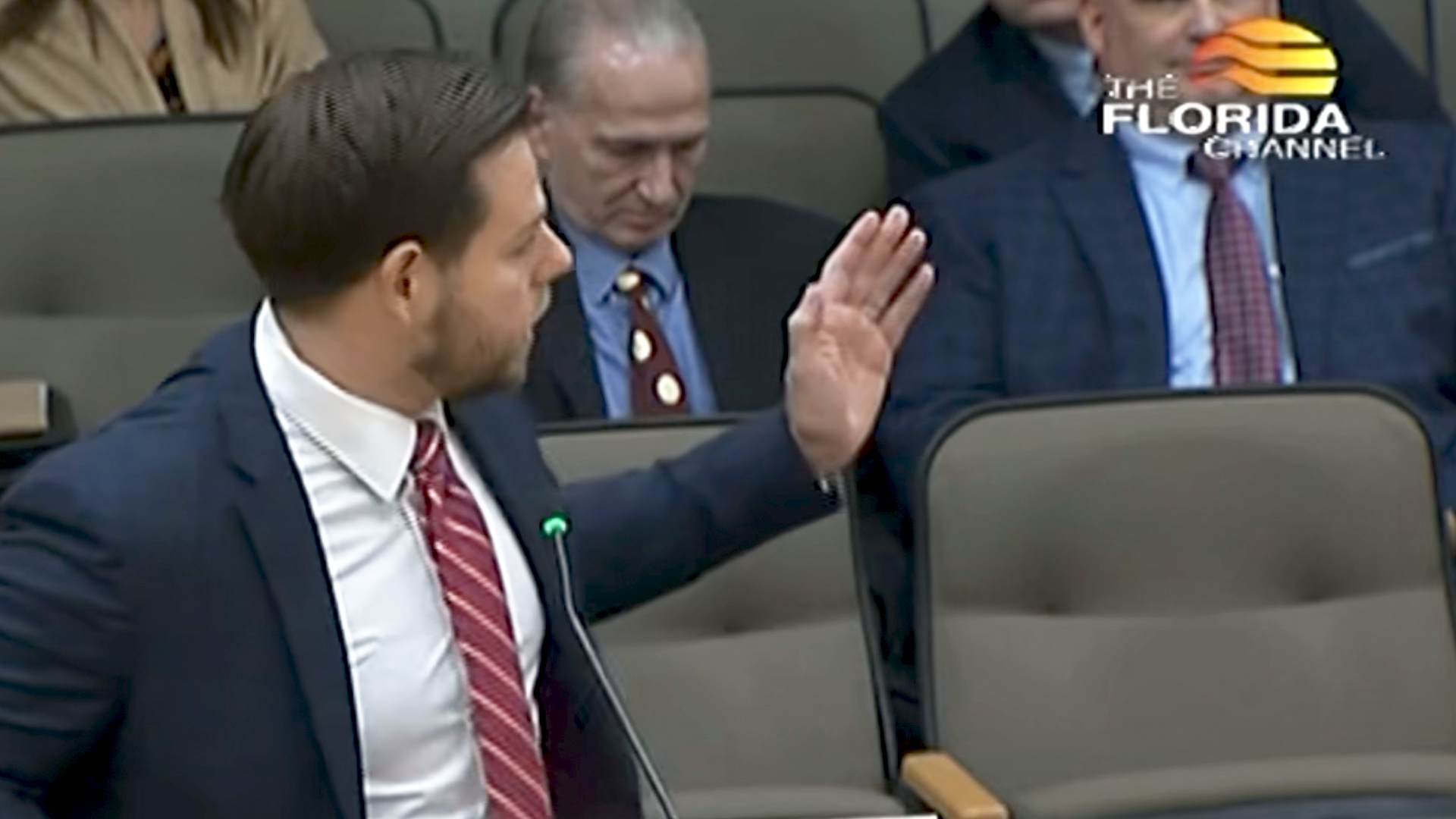The recent passing of Florida Senate Bill 2A in Florida’s special session has sparked controversy and concern among homeowners in the state. This bill effectively takes away the statutory right for homeowners to receive attorney’s fees in disputes with their homeowners’ insurance company.
Here are some reasons why this change is considered a bad thing for homeowners:

THESE CHANGES WILL RESULT IN MORE OUT OF POCKET EXPENSES FOR THE HOMEOWNER
Most attorneys take homeowners insurance claims on a contingency fee basis. This means the attorney wouldn’t get paid until they recovered on behalf of the homeowner. In personal injury and other fields, the attorney charges a percentage of the total settlement. This means the policy holder is going to be out of pocket a percentage of their recovery. Prior to Senate Bill 2A, policy holders were able to recover their attorney’s fees and costs if they prevailed in their lawsuit against the insurance company without offsetting their settlement award.
However, Senate Bill 2A has gotten rid of almost a century old substantive right to homeowners. Without the possibility of receiving attorney’s fees, homeowners will now have to pay a percentage of their recovery to an attorney to represent them in disputes with their homeowners’ insurance companies. This means that even if the homeowner gets 100% of what they need to get the work done a certain percentage will have to go to the attorney and some of the award will be reduced by the deductible. With the amount policy holders already pay in premiums this is unfair that any amount they recover will still require them to come out of pocket.
UNBALANCED LAW = UNBALANCED LITIGATION
Senate Bill 2A will result in a complete imbalance of power. The removal of statutory attorney’s fees tilts the balance of power in favor of homeowners’ insurance companies, which already have significant resources at their disposal. This makes it less likely that individual homeowners will be able to effectively challenge decisions made by these companies.
It is no secret these insurance companies have millions of dollars at their disposal. They can afford to pay whatever it takes to drag a case out or hire as many “experts” as they need. On the other hand, homeowners are typically not as financially fluid as these large multi-million dollar corporations. This means that the company can continue to drag out cases and litigation and wear the homeowner down without having to worry about the homeowner’s attorney’s fees going up.
MANY WONT TRY TO FIGHT THEIR INSURANCE COMPANY ANYMORE
Senate bill 2a will result in a reduced access to justice for homeowners. Without the possibility of receiving attorney’s fees, many homeowners may be discouraged from pursuing legal action when they have legitimate grievances against their homeowners’ associations. This could result in an increased number of disputes being resolved through informal, less transparent means.
An average regular shingle roof claim ranges between $15,000-$25,000.00. On top of a large hurricane deductible, now homeowners will have to pay 33.3-40% of their recovery to an attorney. This could mean that on a small claim, like an average shingle roof, the costs of litigation outweigh the improper coverage decision by the carrier.
SENATE BILL 2A ONLY HELPS INSURANCE COMPANIES
Overall, the removal of statutory attorney’s fees for homeowners in disputes with their homeowners’ insurance company is a bad thing for several reasons. It increases costs for homeowners, tilts the balance of power in favor of insurance companies, reduces access to justice, and decreases the incentive for companies to settle disputes. Homeowners in Florida are encouraged to voice their concerns and call for a reconsideration of this bill in the regular legislative session.
Has your Hurricane Ian, Hurricane Nicole or other property damage claim been denied or underpaid? Schedule your complimentary consultation with us today!
